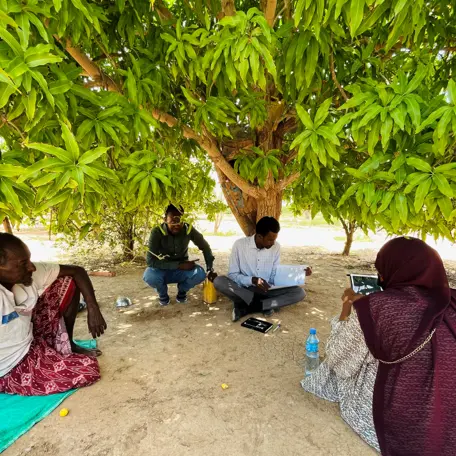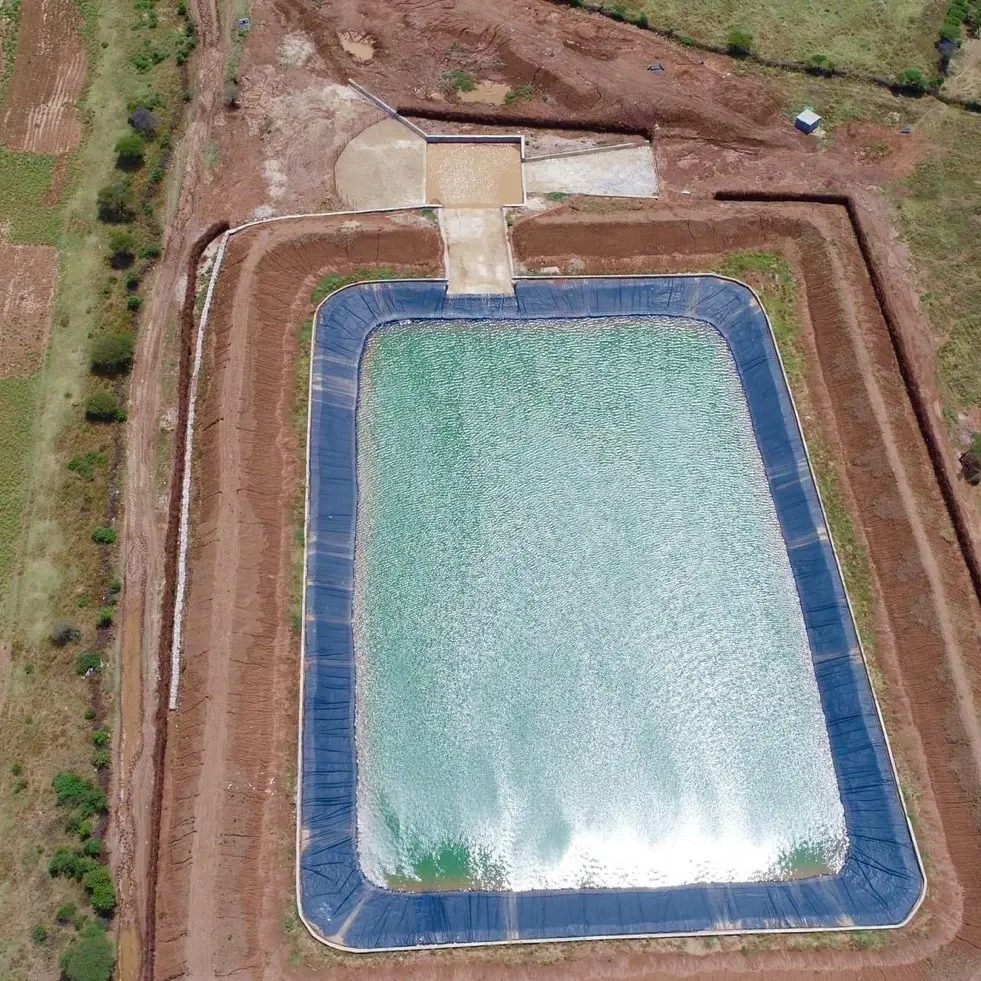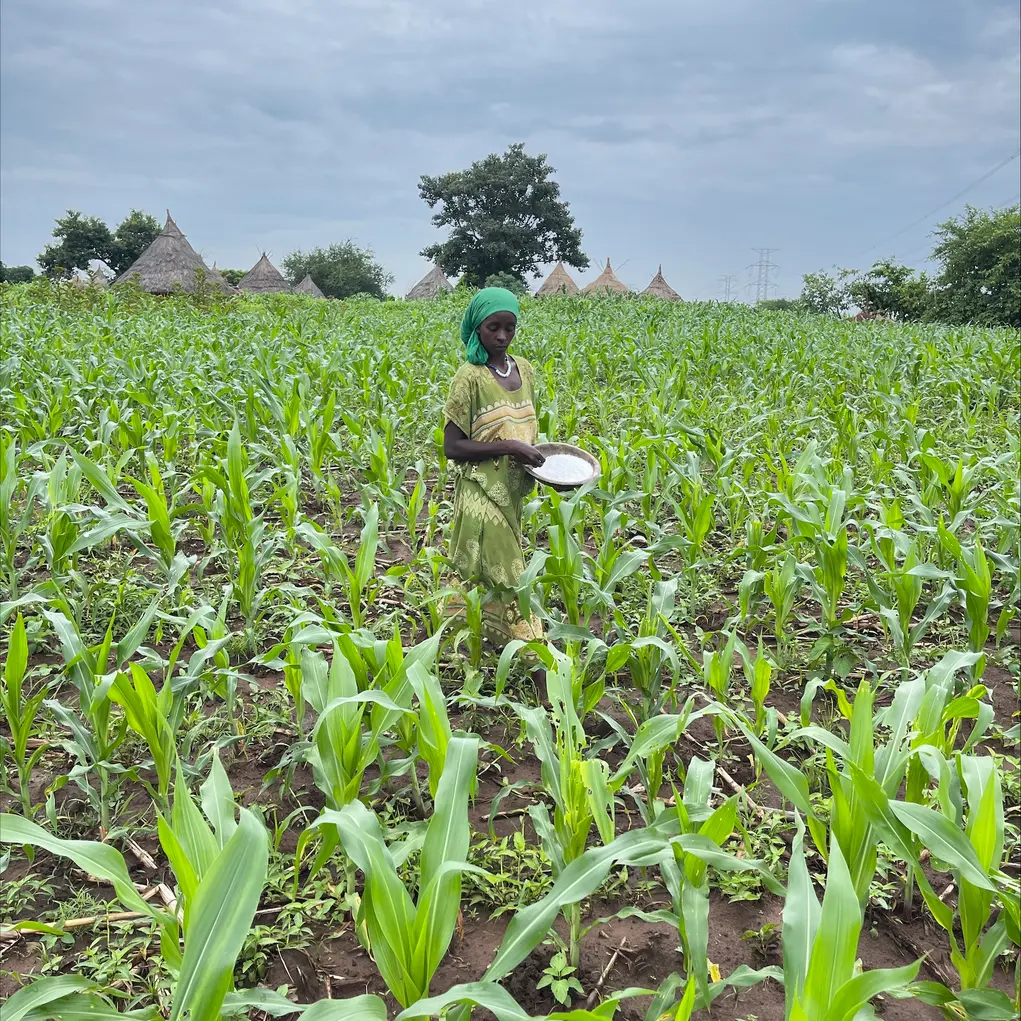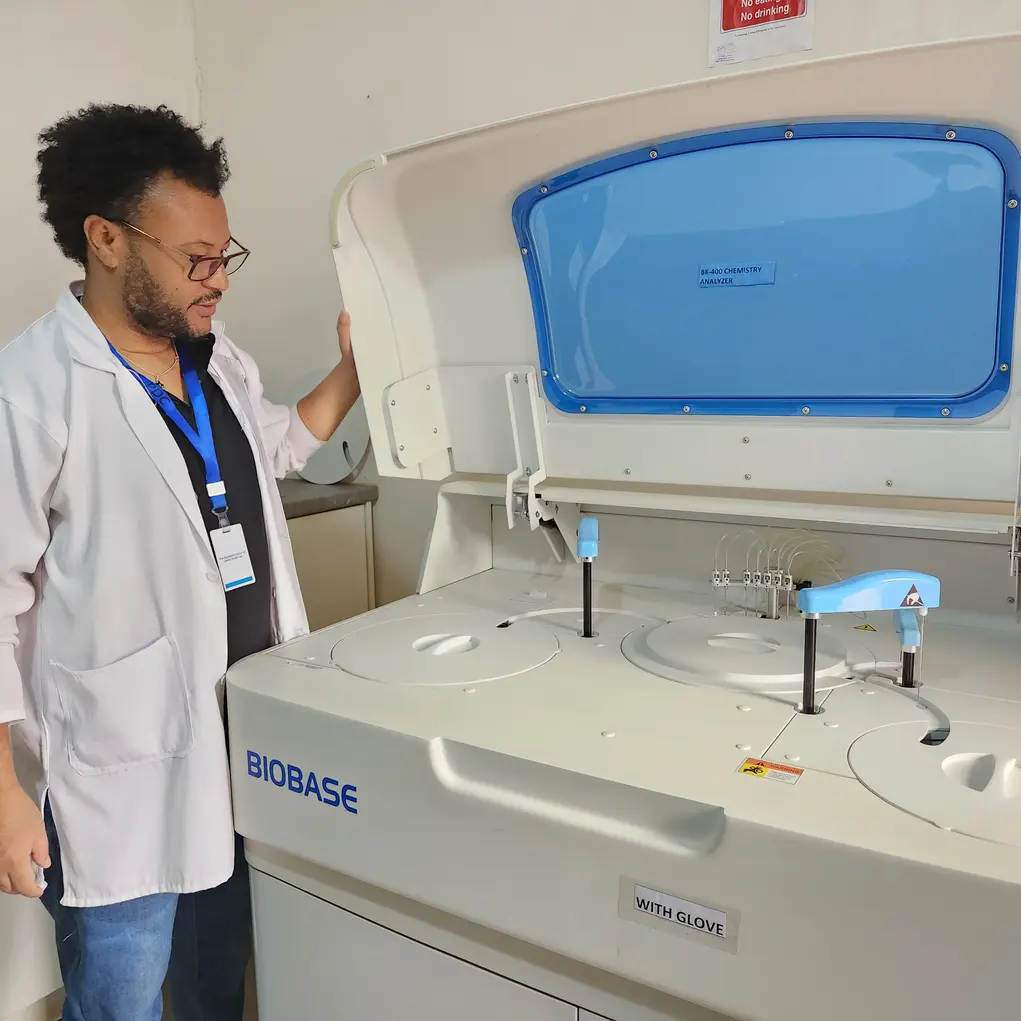Pharo Foundation is a dynamic self-reliant non-profit organisation committed to fostering self-sufficiency in Africa. We do this by focusing on three missions in education, water and productivity, and operating in Somaliland, Ethiopia, Kenya, and Rwanda. We distinguish ourselves by being a privately funded organisation focused on sustainable ventures as well as non-profit projects, which prioritise problem-solving, research, and economic empowerment. Using this multifaceted approach, the Foundation strives to empower communities, facilitate growth and create a sustainable impact across the continent.

In choosing development projects, we first conduct a thorough investigation of the literature on evidence around competing solutions to the development problems associated with our missions. We then examine the specific solutions that are available in specific country contexts. Other things being equal and for projects where monetary value can be assigned to all essential benefits, we select the solution with the highest ex ante ratio of total benefits to total costs. Once we settle on a project, our Research & Evaluation team measures the effectiveness of project implementation and feeds it back into our project design and the research community's knowledge pool.

A key objective of these missions is to create systemic change at a society-wide level, building on the fixed assets such as schools or dams, which we have accumulated over 12 years of operation. Such systemic change requires scale through cooperation with multiple development partners, who are involved in the many facets of the development problems we tackle.

The ideal development intervention is a pure catalyst whose result becomes self-sustaining. In this perspective, in 2019 the Pharo Foundation added a commercial arm to its non-profit activities. Its for-profit social enterprises called Pharo Ventures add a sustainability dimension to the Foundation in two different ways. They open a path towards a self-reliant East Africa through job creation, skill upgrading and value added. In addition, the process through which their products are manufactured is socially and environmentally sustainable.






